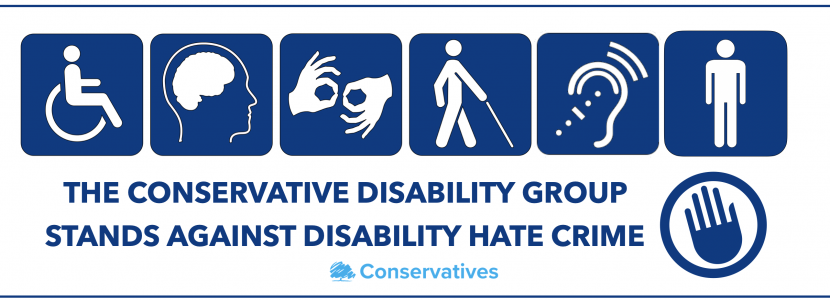
My name is Leonard Amos I joined the CDG late 2019 and recently elected onto the CDG executive and I look forward to working with you all .
I have been registered disabled since 2010 with a neurological condition known as chronic inflammatory Demyelinating Polyneuropathy (CIDP) and remitting MS. I am sixty three years of age and in full time employment, CIDP is a neurological disorder that causes progressive weakness and impaired sensory function in the legs and arms. Without treatment I would be confined to a wheelchair, fortunately for me my CIDP is well managed with six weekly visits to the hospital for IVIG treatment. However like most people living with a hidden disability I have both good and bad days making life for me and my family difficult. Over the years I have been abused in the street and called a fraud, a scrounger, or a benefit thief. Simply for using either my disabled bus pass or blue badge parking permit. I have had my fair share of abuse it’s not nice to the individual and it is embarrassing. I have at times reported it to the police only to be told they are powerless to act because disability hate crime is very hard to prove and not a criminal offence.
During the pandemic disability hate crime offences across the UK has seen a significant rise with Hampshire being one of the worse affected areas recording an increase of over14% during 2020/21. Prosecutions for this offence have fallen significantly with around one in twenty offences being reported and referred to the CPS. The police have powers to arrest offenders but all too often fail to act due to a lack of resources and clarity in the law. Many Police officers when dealing with a disability hate crime are unable to determine what is classed as a disability hate crime due to the lack of training and resources. If we as a nation want to see an end to hate crime we need to act sooner rather than later. To delay action now will only result in allowing a large percentage of offenders to walk free un-punished or face either a police warning or a lesser charge of unsociable behaviour leaving a disabled victim often seriously traumatised and feeling unsafe.
I am aware that there is a change in the law currently under review to make disability hate crime a criminal offence. However in the meantime I believe with better training and improved resource, police forces across the UK should be making better use of powers they do have by making better use of regulation s146 .
Disability hate crimes and non-crime incidents are acts which target a victim because of the offender's hostility to a disabled person or disabled people in general.
Any incident or crime which is perceived by the victim to be a disability hate crime will be recorded as such. If the offender is to have a sentence enhanced by the court, then prosecutors must provide evidence to prove that hostility, but such proof is not required for recording purposes.
Hate crimes can be committed against a person or property.
You can see the UK shared definition of 'Monitored Hate Crime'.
For more information please visit: https://www.scope.org.uk/advice-and-support/hate-crime/

